Regulatory Affairs Committee (RAC) Newsletter – OSRA and Chinese Tariff Update
April 22, 2022
Ocean Shipping Reform Act (OSRA) to Head to Conference
As reported on in our March newsletter, the Ocean Shipping Reform Act (OSRA) continued its progress, the Senate version (S. 3580) passing the full Senate via voice vote on March 31st. The legislation joins the House approved version (H.R. 4996) in conference to hammer out differences between the two versions, before it is sent to President Biden for his consideration (the Administration is on record in support of the legislation, and the President has indicated he will sign OSRA into law once it reaches his desk).
Both bills overhaul the U.S. Federal Maritime Commission (FMC), providing specific authority to regulate shipping activity in and around U.S. ports.
Key among OSRA’s provisions are:
-Clarification of when certain charges for at-port equipment and equipment return (commonly referred to as Detention and Demurrage) charges may be assessed by ocean carriers and other entities, to shippers.
-Establish minimum service requirements for contracts to ensure freight is not unreasonably refused.
-Ensuring anti-retaliatory safeguards are in place to protect parties that file complaints to the FMC or other regulatory bodies.
Many of the charges currently assessed to shippers and freight forwarding companies from both ocean carriers and other port-based stakeholders are passed down through their supply chain partners, customers and ultimately, the final end market and consumers. Ultimate passage of OSRA and regulatory implementation should reduce the costs for goods currently being incurred by TLMI members and their supply chain partners.
Chinese Tariff Update
An issue TLMI has reported on for the past three years, earlier this month, the U.S. Court of International Trade issued a decision regarding legal challenges to existing Section 301 25% tariffs currently in place on thousands of Chinese imports. TLMI member companies and their supply chain customers frequently source both raw material inputs, alongside components and finished products currently covered by the 25% tariff.
The decision will require the Office of the US Trade Representative (USTR) to provide additional documentation and reasoning on the tariffs by the end of June. The Court’s decision does not require immediate repeal of the current tranche of tariffs for covered Chinese imports, and the 25% tariff will remains in place for the time being.
Later this year the USTR is expected to provide a new exclusion process for those companies seeking tariff removal for specific products. TLMI will continue to closely follow this issue, and will provide next steps for consideration, once processes are announced and formalized.
As always, the information provided in TLMI’s RAC Newsletter should not be construed as legal guidance. If you have questions on the legislation or initiatives highlighted, please contact Bryan Vickers, bvickers@pacellp.com, 703-403-2882 for more information.


